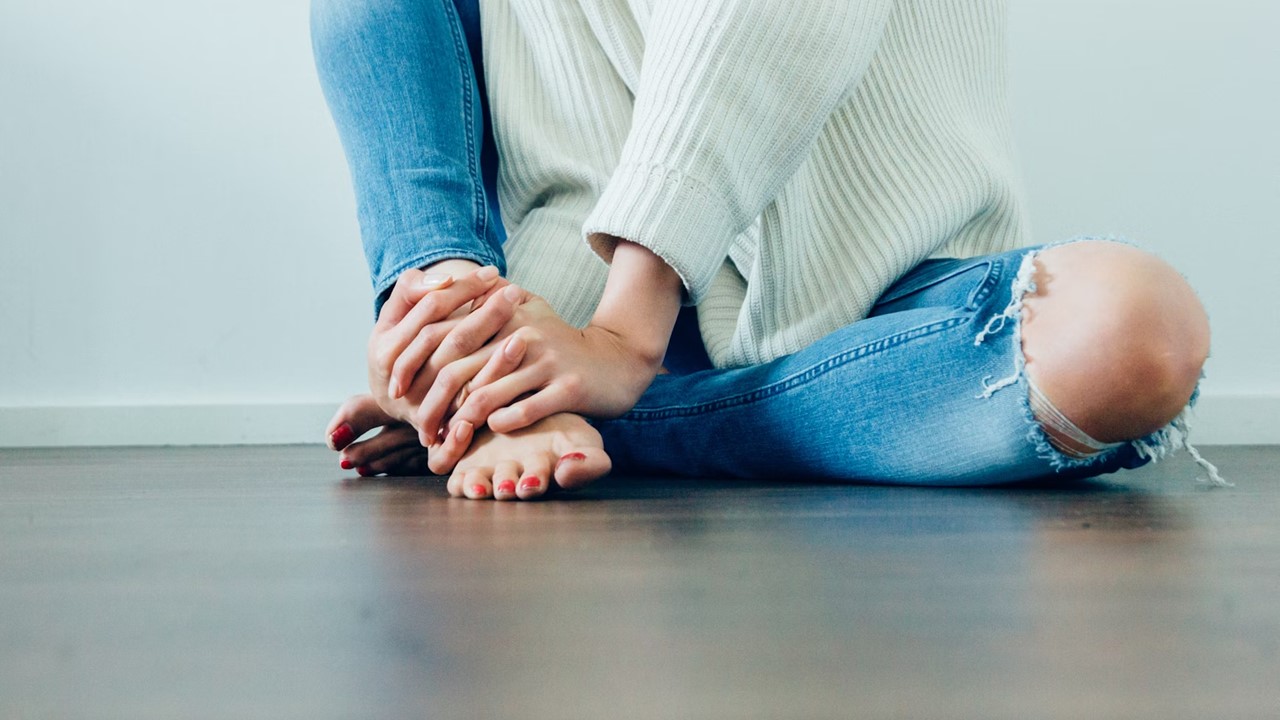What else does anxiety about the future bring you but sorrow upon sorrow?
-Thomas a Kempis, medieval author, died 1491
In 1844, Kierkegaard described anxiety as the ‘dizziness of freedom’ – the dizzying effect of looking into the boundlessness of possibilities. Anxiety involves apprehension, tension, or uneasiness stemming from the anticipation of potential danger, whether internal or external. Essentially, it is falling prey to powerful fantasies of fear, dread, or uneasiness about what may or may not happen. Anxiety is always future-oriented and highly contagious. We develop patterned ways of managing it, rooted in our family roles. Some over-function, striving for perfectionism, while others under-function and procrastinate. Some reach for numbing agents. All these reactions ultimately exacerbate anxiety.
Having just undergone major knee surgery, I’m noticing the recovery is far more difficult than anticipated. I’m projecting a future of endless limitation, pain, and a sedentary life – catastrophizing without evidence. I’m aware of numbing behaviors like binge-watching “Call the Midwife,” isolating, and checking out. This patterned approach has been my default coping mechanism throughout life. The human instinct to seek answers externally seems universal, but I now realize the answer lies within.
I’m practicing a more honest perspective, guided by Byron Katie’s self-inquiry process:
- Is it true?
- Can I absolutely know it’s true?
- What happens when I believe that thought?
- Who would I be without the thought?
This practice involves shifting my mindset by disputing the limiting narratives I’ve been telling myself, repeatedly if necessary, to break free from this longstanding pattern. Recognizing how my reactive patterns no longer serve me, I’m trusting the process and embracing incrementalism in my recovery. What is your reactive pattern when facing anxiety?
I discovered that when I believed my thoughts I suffered, but when I didn’t believe them I didn’t suffer, and that this is true for every human being. Freedom is as simple as that.
– Byron Katie, Author
Wellbeing Resources
Accepting Applications for a full paid scholarship for December 1-8, 2024 Wellness Week (woman only). Application Deadline July 1, 2024
Details and application here.
Unable to Nap?
Try Non Sleep Deep Rest (NSDR) for 12 minutes. Recommended by Andrew Huberman to reduce stress and anxiety.
Deeply relax while staying awake.
Huge Fan of Documentaries
Love this genre above all others. Rocumentaries is a curated list of great docs.
How to Compliment Strangers
British comedian Troy Hawke compliments strangers in a kind and genuine way. It is remarkable how he can toss off compliments and a joy to watch. Makes me want to up my compliment game.
Can’t Hoard the Beautiful Moments
A beautiful essay, “You can’t Hoard Life” by Oliver Burkeman author of Four Thousand Weeks: Time Management for Mortals, reminding us to stop clenching and grasping causing us to miss the beautiful moments.
Stay Well, Eileen

